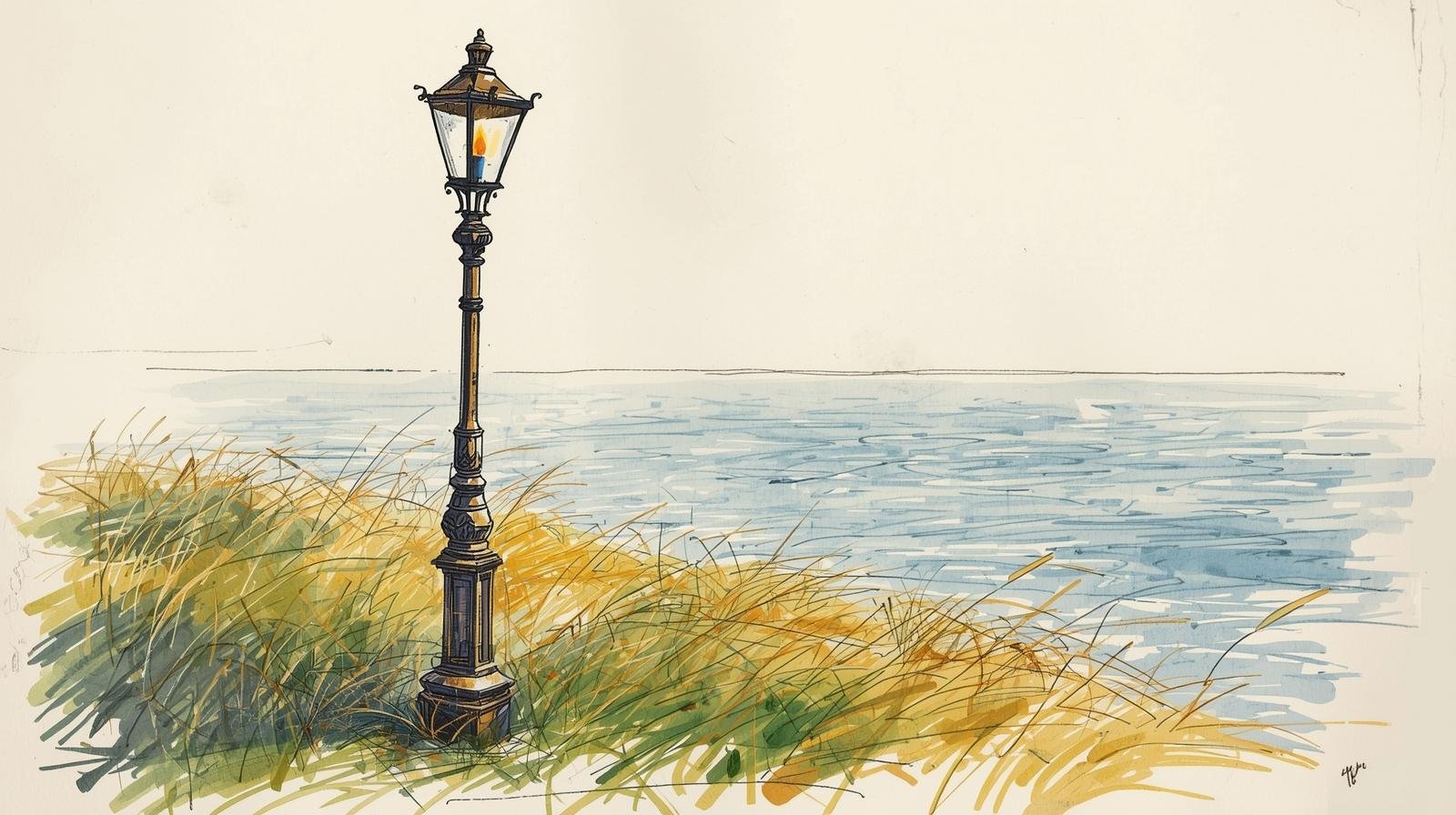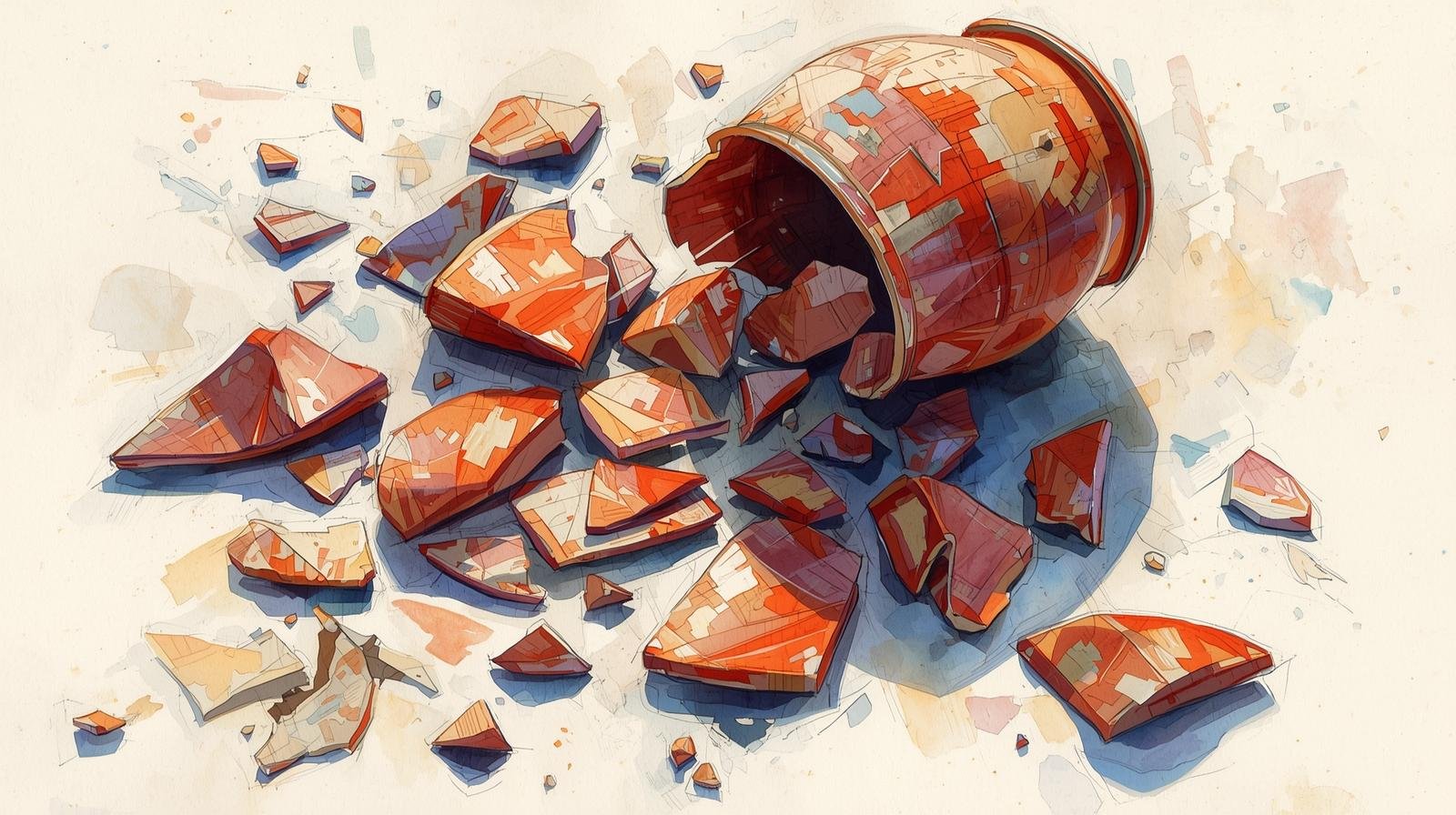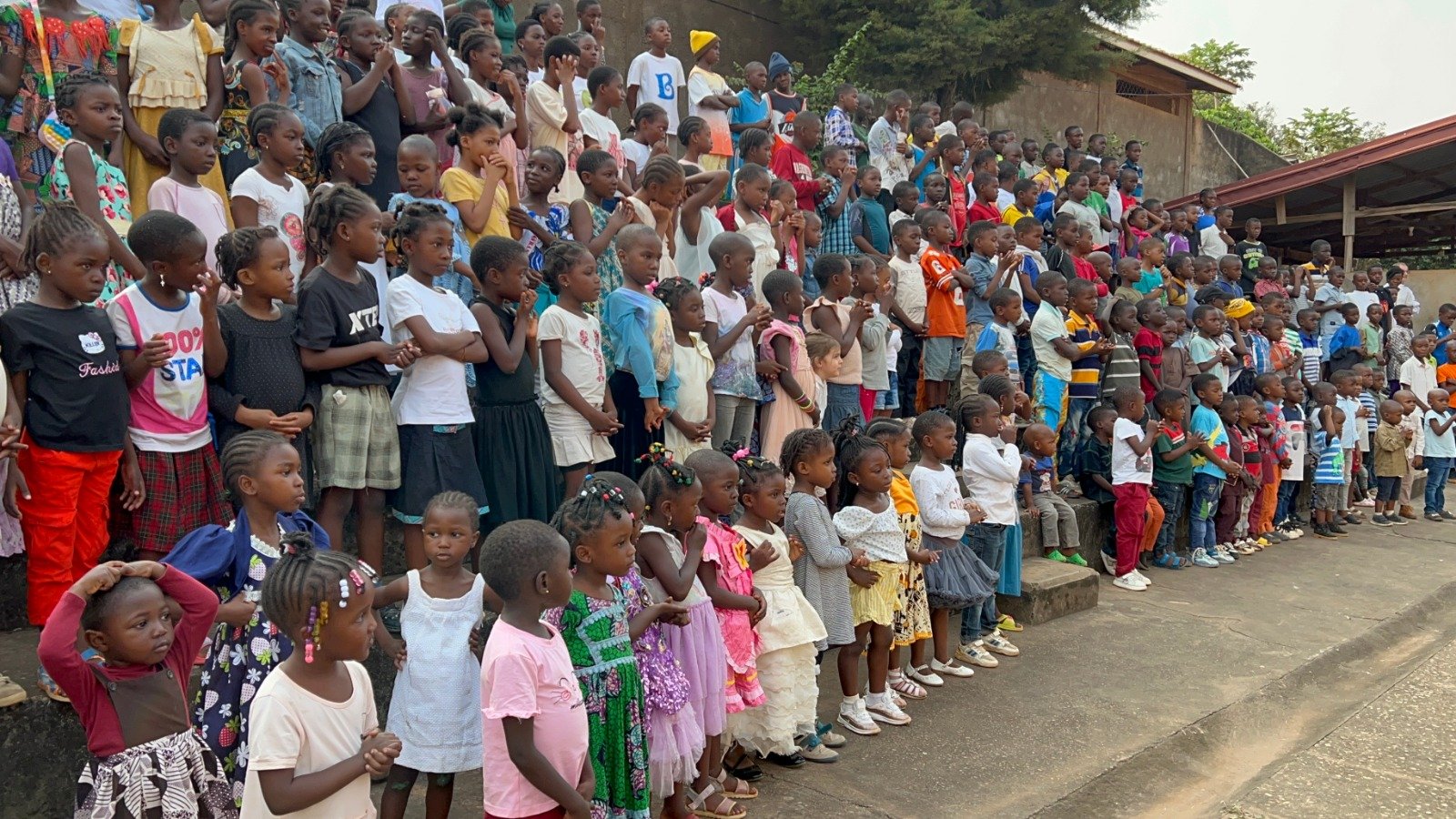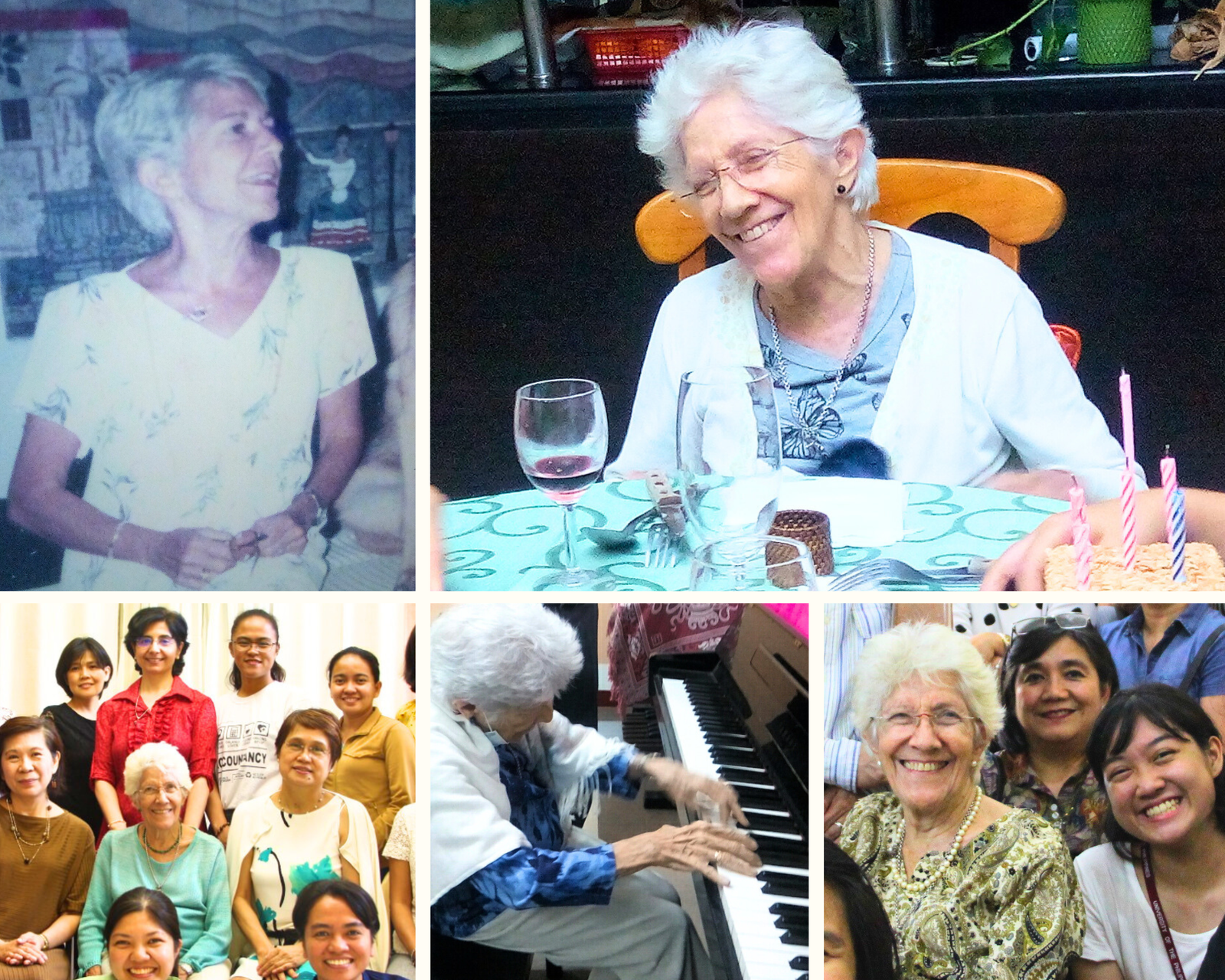
Gospel according to Saint Matthew 25,31-46:
Jesus said to his disciples, «When the Son of Man comes in his glory with all his angels, He will sit on the throne of his Glory. All the nations will be brought before him, and as a shepherd separates the sheep from the goats, so will He do with them, placing the sheep on his right and the goats on his left.
»The King will say to those on his right: ‘Come, blessed of my Father! Take possession of the kingdom prepared for you from the beginning of the world. For I was hungry and you fed me, I was thirsty and you gave me drink. I was a stranger and you welcomed me into your house. I was naked and you clothed me. I was sick and you visited me. I was in prison and you came to see me’. Then the good people will ask him: ‘Lord, when did we see you hungry and give you food; thirsty and give you drink, or a stranger and welcome you, or naked and clothe you? When did we see you sick or in prison and go to see you?’. The King will answer, ‘Truly, I say to you: whenever you did this to these little ones who are my brothers and sisters, you did it to me’.
»Then he will say to those on his left: ‘Go, cursed people, out of my sight into the eternal fire which has been prepared for the devil and his angels! For I was hungry and you did not give me anything to eat, I was thirsty and you gave me nothing to drink; I was a stranger and you did not welcome me into your house; I was naked and you did not clothe me; I was sick and in prison and you did not visit me’. They, too, will ask: ‘Lord, when did we see you hungry, thirsty, naked or a stranger, sick or in prison, and did not help you?’. The King will answer them: ‘Truly, I say to you: whatever you did not do for one of these little ones, you did not do for me’. And these will go into eternal punishment, but the just to eternal life».
A Crowned Cross and a Crucified Crown
Luis CASASUS President of the Idente Missionaries
Rome, November 26, 2023 | XXXIV Sunday in Ordinary Time
Ez 34: 11-12.15-17; 1Cor 15: 20-26.28; Mt 25: 31-46
In a very beautiful story by Leo Tolstoy, a pious old shoemaker dreamed that Jesus Christ would visit him the next day. So, when he awoke from his dream, he went straight to the window and watched the passers-by with great interest. He saw a poor desperate woman who was going to commit suicide with her child. He asked her to come in, comforted her and helped her as best he could. Then a man shoveling snow passed by, shivering with cold, and the cobbler asked him to come into his little room to warm himself and have something to eat.
The cobbler waited until midnight, but Jesus still did not appear. Somewhat disappointed, he prepared to go to bed, but first he wanted to read, as was his custom, a passage from the New Testament. He opened the Bible and found by chance these words: Whatever you did to one of these, the least of my brethren, you did to me. The shoemaker’s heart was set on fire and he realized that Christ visited him several times during the day in the person of his needy brethren.
We must be careful NOT to think that Christ is using a metaphor, as if to say: Whatever you do to one of these my brethren, it is as if you did it to me.
The key is that there is a presence of the Divine Persons in every human being. God has many forms of presence: in the Eucharist; in the midst of those who gather in his name; in the places of worship; making himself felt in our prayer, as when St. Paul says: In the presence of God and of Christ Jesus, who is to judge the living and the dead, by His manifestation and by His kingdom, I solemnly charge you… (2 Tim 4: 1). Of course, we have the capacity for His presence to be continuous: If anyone loves me, he will keep my word; and my Father will love him, and we will come to him and make our abode with him (Jn 14: 23).
Yes, indeed, what we do to a person is transmitted to his or her parents, to his or her siblings, to all those who love him or her. As in Tolstoy’s story, if we manage to save the son, don’t we also save the mother? This is what happened in the famous episode of Elijah and the poor widow of Zarephath (1 Kings 17: 8-24).
Let us keep in mind that God’s presence in the bad and the good is also active:
I say to you, love your enemies and pray for those who persecute you, that you may be children of your Father who is in heaven; for He makes the sun rise on the evil and on the good, and sends rain on the just and on the unjust (Mt 5: 44-45).
—ooOoo—
These works of mercy that Christ reminds us of today are really the will of God, which we must read in our neighbor and not only in the necessary reflection and meditation. The affliction, the pain of love felt by the authentic disciple, is always growing. It is not simple compassion or sadness for the pain of others, but a permanent impulse to always do something deeper for those who are next to us.
But what is interesting is that Christ gives examples within the reach of any of us, such as giving a drink. The list of people to be helped – the hungry, the thirsty, the stranger, the naked, the sick and the imprisoned – was known throughout the Near East. In the famous Book of the Dead of Egyptian culture, from the second millennium BC, a text was placed next to the deceased at the time of burial. This was what he had to declare before the tribunal of the god Osiris: I have practiced what pleases the gods. I have given bread to the hungry, I have given water to the thirsty, I have clothed the naked, I have offered a voyage to those who had no boat.
The formidable novelty that Jesus brings is that He identifies Himself with these people: what is done to one of these little ones, is done to Him.
Our Father Founder reminds us that, together with this Affliction, the Holy Spirit infuses us with a very special joy, which goes beyond the “joy of giving”; it is the certainty that God himself will do something great with our small gestures of mercy. That is why St. Paul says: I am filled with consolation and overflowing with joy in all our affliction (2 Cor 7: 4). This is a privilege that the disciple of Christ has when he is able to give and at the same time be faithful to the self-denial that the Master lived.
We are not always aware of this presence of Christ in our neighbor. St. Augustine used to say: I fear the Lord who passes by (Sermon 88.14.13), that is, he feared not to recognize him in the events of every day, but especially in others.
In reality, what the Holy Spirit does is to use our nature to make us happy, for we are “programmed” to be compassionate. A few years ago there was a dominant, somewhat Darwinian idea that we are naturally selfish, but reality shows that, more profoundly, despite our obvious selfishness, we aspire to be generous. Even psychological experiments show this. But so does ancient wisdom, as the old Chinese proverb says: If you want to be happy for an hour, take a nap. If you want to be happy for a day, go fishing. If you want to be happy for a year, inherit a fortune. If you want happiness for a lifetime, help someone.
If we read carefully the First Reading, we notice how Ezekiel announces the arrival of a shepherd-king who will judge “between one sheep and another”. He refers to the fact that in 587 B.C., Babylonian troops sacked and destroyed Jerusalem, so many fled to the desert and others were taken away as slaves. Only some of the poorest remained there. Among these, a few were progressing socially and economically and some of them began to exploit those who had not been able to get out of misery. Some were Israelites, all sheep of the same flock, but not all obeyed the law of mercy engraved in their hearts.
Christ comes as a king, not to annihilate sinners, Pharisees and publicans. The enemy that will be annihilated are the forces of evil, sin, everything that prevents us from living in fullness in this world. He proposes to save everyone from now on, making of those who behave like goats, true sheep, who accept “to be healed and bandaged”, led to places with abundant pasture.
Jesus said that he was not like the kings of this world, but he accepts to be called “king” because he truly has the power to overcome the evil that is in you and me. To do this, he invites us to remember the painful moments we have gone through and also the forgiveness we have received. Above all, he places before our eyes the pain of others, not so that we may argue about its meaning or its necessity, but so that we may put into action our mercy, the mercy that makes us share with Himself.
—ooOoo—
We all have the capacity to allow ourselves to be transformed by the pain of others, even those who have no faith. We can all discern a call to action, stronger than the indifference or pessimism that haunts us.
On the morning of December 26, 2004, a young European woman and her fiancé were on vacation in the resort town of Khao Lak, Thailand. She had planned the vacation in Thailand as a special surprise for him, who had never been there. They spent the first few days on a cruise ship, sleeping under the stars.
It was so, so beautiful. It’s strange how, in a split second, everything can change so much, she said.
That morning, one of the strongest earthquakes in history struck, triggering a series of devastating tsunamis off the shores of the Indian Ocean. They were in their bungalow when the first wave hit.
I heard people screaming and running away. Everyone was frantic, she said. Then, water flooded their bungalow and had them outside in a matter of seconds. Looking for her, he shouted, what’s going on? All the windows in the bungalow shattered, and she was swept away in a stream of debris, breaking her pelvis and disabling her legs. Little did she know that after that moment she would never see the love of her life again. The tsunami left a trail of destruction in 14 countries and killed more than 230,000 people, including the young man.
The next day she was flown by helicopter to a hospital. Her pelvis was so fractured near the spine that doctors said it was a miracle she was not paralyzed; she had also lost half her blood from internal injuries including a hematoma in her kidney. She spent the next few weeks recovering in a hospital in Thailand and back home.
But barely a year later, still recovering from her physical and emotional injuries, she returned to Thailand to see how she could help rebuild the lives of the children whose lives had been affected by the natural disaster, knowing that, once the emergency response was over, they would soon be forgotten.
The vision of peace spreading throughout society reminds us of what Christians are called to promote, but Christ’s words, Blessed are the peacemakers, are difficult to put into practice in all areas. Keeping our focus on Christ’s universal dominion directs our hearts to what really matters. Temporal lordship is brief and fleeting, but Christ’s power has no end, and it operates with an irresistible subtlety that no earthly leader could match.
Anyone who has been disappointed to learn of the deviations of someone they once admired (and haven’t we all?) can attest to the fact that all human leaders eventually fail. However, Christ can be trusted in all things, so meditating on his kingship is a source of peace and living the Beatitude of the peacemakers. He is the king of all things, and no earthly law, principality or power can affect him.
_______________________________
In the Sacred Hearts of Jesus, Mary and Joseph,
Luis CASASUS
President












